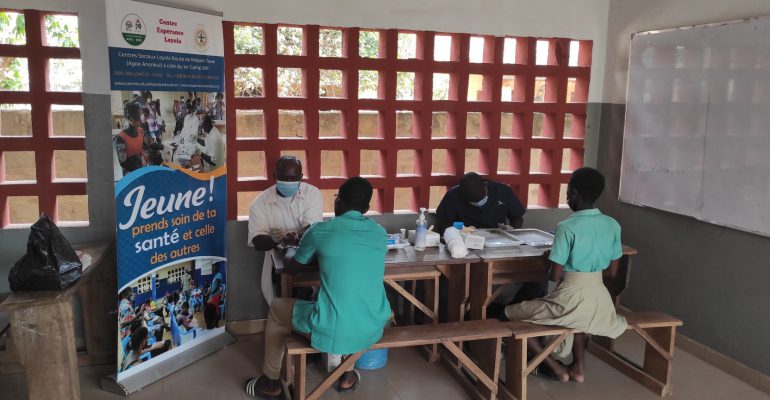In our OCTOBER edition of the AJANEWS issue, we basically focus on the community being the center of care and support for our young people living with HIV. The majority of young people living with HIV, 60 percent of the global total, are in Eastern and Southern Africa. This is according to the UNAIDS report of 2023. With this comes HIV-related social stigma, which prevents people from being open, and increases the isolation of people in families affected by HIV and AIDS. Not only do they have to deal with their own grief and emotional suffering but also this is made worse if the community treats them badly.
The greatest impact of HIV has been on the young people. Many children start playing roles that are usually expected from adults. In many families, they play the adult role of maintaining the house and sometimes even trying to provide an income. Most of them play some nursing role and directly look after the parents who are ill. Older children also play the parent role to their younger siblings. Because of these existing barriers, young people face many challenges that reduce their likelihood of accessing HIV services or continuing ART treatment consistently for those living with HIV.
Most children living with HIV are infected as a result of mother-to-child transmission and their parents often become ill or die when the children are still very young. However the community still negatively judges and neglects them when they are more vulnerable. In many cases, older children drop out of school to look after younger siblings. When they are not provided for by relatives, some end up living on the streets or barely surviving in very impoverished homes. These young people often end up being abused, or drift into gangs, the sex industry and crime.
While all young orphans from poor families need a lot of different kinds of support, home-based care and childcare volunteers should make especially sure that the medical needs of children living with HIV are properly addressed. It is best for children to be looked after by those they know and make them feel safe. Children living with HIV are just as subject to discrimination as adults, but they are more vulnerable as they are unable to fend for themselves. It is important that every effort be made, by caregivers, teachers, health care providers, childcare committees and community leaders, to educate community members. People must fully understand, for example, that an HIV-positive child cannot spread HIV through sitting next to each other in class or playing together.
To end HIV and AIDS in children in Africa, the Jesuits and their collaborators have taken a holistic approach where we prioritize the dissemination and use of knowledge and the implementation of tools that exist, to keep children AIDS-free and their mothers healthy. Protecting the dignity of the human person is of utmost importance and the clearest reflection of God’s presence in the world; For each person not only reflects God but is the expression of God’s creative work and the meaning of Christ’s redemptive ministry. Preventing new HIV infections will transform African societies’ health and the young generation to come.
In this month’s AJANews issue get to read about Sensitization and awareness activity by AJAN, covering topics on HIV/AIDS and Sexual abuse attended by Salesian Sisters, liaison officers and volunteers at Don Bosco Parish Community – Makuyu, Catholic Diocese of Muranga, Kenya.
Par, Dennis Owuoche,
Chargé de communication AJAN


Comments are closed.